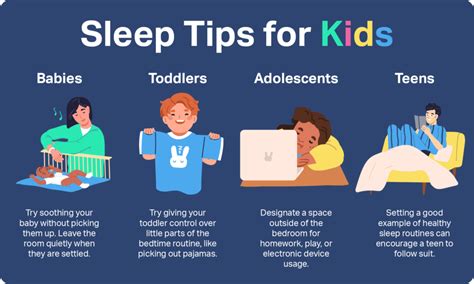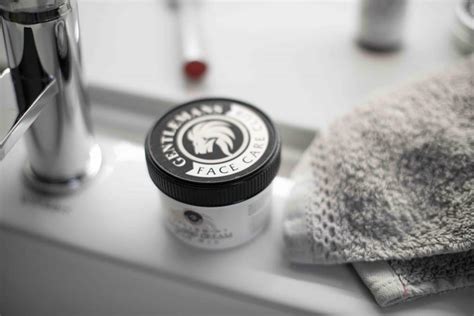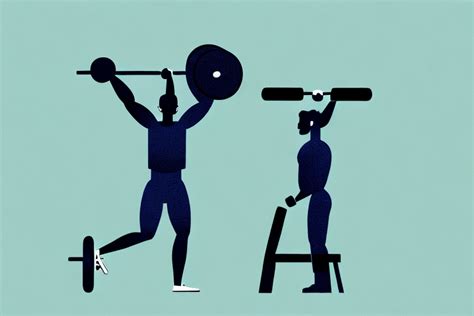Optimize sleep for peak male performance: what actionable steps improve recovery?

The Critical Link Between Sleep and Peak Male Performance
For men striving for peak physical, mental, and professional performance, sleep is not a luxury – it’s a foundational pillar. Often overlooked in favor of intense training or extended work hours, adequate and quality sleep directly impacts testosterone levels, muscle recovery, cognitive function, mood, and overall resilience. Ignoring its importance can lead to diminished returns on your efforts, increased injury risk, and impaired decision-making.
This article delves into the actionable steps men can take to not just get more sleep, but to significantly improve its quality, thereby unlocking superior recovery and performance.
Why Quality Sleep is Non-Negotiable for Men
Deep sleep is a crucial period for the body’s repair processes. During this phase, growth hormone is released, essential for muscle repair and fat metabolism. Testosterone, a key male hormone, is predominantly produced during sleep. Chronic sleep deprivation can significantly lower testosterone levels, leading to reduced libido, decreased muscle mass, increased body fat, and lower energy.
Beyond the physical, sleep recharges your brain. It consolidates memories, clears metabolic byproducts, and prepares you for complex problem-solving and emotional regulation. Poor sleep leads to irritability, impaired focus, and increased stress.
Actionable Steps for Optimal Sleep and Recovery
1. Master Your Sleep Environment
Your bedroom should be a sanctuary for sleep. Optimizing it is one of the most effective first steps:
- Darkness is Key: Even small amounts of light can disrupt melatonin production. Use blackout curtains, an eye mask, and cover any glowing electronics.
- Silence is Golden: Minimize noise pollution with earplugs or a white noise machine. Consistent, low-level white noise can mask sudden disturbances.
- Keep it Cool: The ideal sleep temperature is typically between 60-67°F (15-19°C). A cooler room signals your body that it’s time to rest.
- Comfortable Bedding: Invest in a good mattress and pillows that support your sleep posture.

2. Establish a Consistent Sleep Schedule
Your body thrives on routine. Going to bed and waking up at roughly the same time every day – even on weekends – helps regulate your circadian rhythm, your body’s internal clock. This consistency signals to your body when to release sleep-inducing hormones like melatonin and when to prepare for wakefulness.
Aim for 7-9 hours of quality sleep per night. Experiment to find your personal sweet spot where you feel most rested and perform your best.
3. Optimize Your Pre-Sleep Routine
The hour or two before bed significantly impacts sleep onset and quality:
- Wind-Down Ritual: Engage in relaxing activities like reading a physical book, taking a warm bath or shower, gentle stretching, or listening to calm music.
- Limit Screen Time: The blue light emitted by phones, tablets, and computers suppresses melatonin production. Avoid screens for at least 60-90 minutes before bed. If unavoidable, use blue light filtering apps or glasses.
- Avoid Heavy Meals and Stimulants: Finish eating at least 2-3 hours before bed. Limit caffeine intake after early afternoon and be mindful of alcohol, which, despite inducing drowsiness, disrupts sleep architecture later in the night.
![🔥 [50+] Most Relaxing Wallpapers | WallpaperSafari](/images/aHR0cHM6Ly90czIubW0uYmluZy5uZXQvdGg/aWQ9T0lQLnBvWExHUzdfcTBHemotSmJRWDY2RkFIYUhVJnBpZD0xNS4x.webp)
4. Leverage Exercise and Nutrition Wisely
Physical activity and diet play a critical role in sleep quality:
- Exercise Timing: Regular exercise is excellent for sleep, but intense workouts too close to bedtime can be stimulating. Aim to finish strenuous exercise at least 3-4 hours before you plan to sleep. Morning or early afternoon workouts are often ideal.
- Hydration and Nutrition: Stay well-hydrated throughout the day, but reduce fluid intake closer to bedtime to avoid nighttime awakenings for restroom breaks. A balanced diet rich in magnesium (leafy greens, nuts), potassium (bananas, avocados), and tryptophan (turkey, eggs) can support sleep.

5. Manage Stress and Anxiety
Stress and anxiety are major sleep disruptors. Incorporating stress-reduction techniques into your daily and pre-sleep routine can be transformative:
- Mindfulness and Meditation: Even 5-10 minutes of meditation or deep breathing exercises before bed can calm a racing mind.
- Journaling: Writing down worries or a to-do list for the next day can help offload mental burdens before sleep.
- Progressive Muscle Relaxation: Tensing and then relaxing different muscle groups can release physical tension.

6. Address Potential Sleep Disorders
If you’ve implemented these strategies consistently and still struggle with poor sleep, consider consulting a healthcare professional. Conditions like sleep apnea, restless legs syndrome, or chronic insomnia require medical intervention and can significantly impact your health and performance.
7. Utilize Sleep Tracking (Responsibly)
Wearable devices and apps can provide insights into your sleep patterns, including sleep stages, heart rate variability, and total sleep duration. While not always perfectly accurate, they can help identify trends and the impact of lifestyle changes. Use them as a tool for awareness, not as a source of added stress.

Conclusion
Optimizing sleep for peak male performance is an ongoing journey that requires commitment and consistency. By systematically addressing your sleep environment, routine, lifestyle choices, and mental state, you can significantly enhance your recovery, boost your physical capabilities, sharpen your cognitive edge, and improve your overall quality of life. Prioritize sleep, and watch your performance reach new heights.








